-
UTAS01: Diversity of marine heatwave evolutions across the world
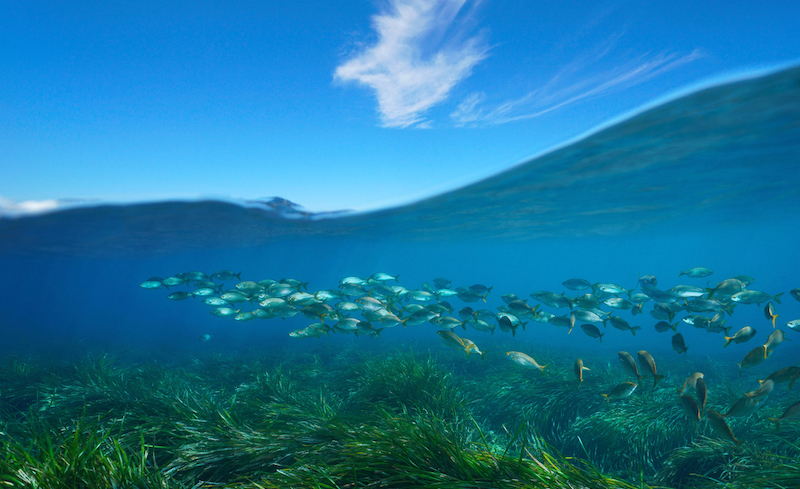
Marine heatwaves (MHWs), often referred to as discrete, prolonged, and anomalously warm water events, have drawn significant attention in both research circles and the broader community, due to their increasing… View Article
-
UMELB01: Investigating the ocean processes and regions that drive double-diffusion near Antarctica and Greenland
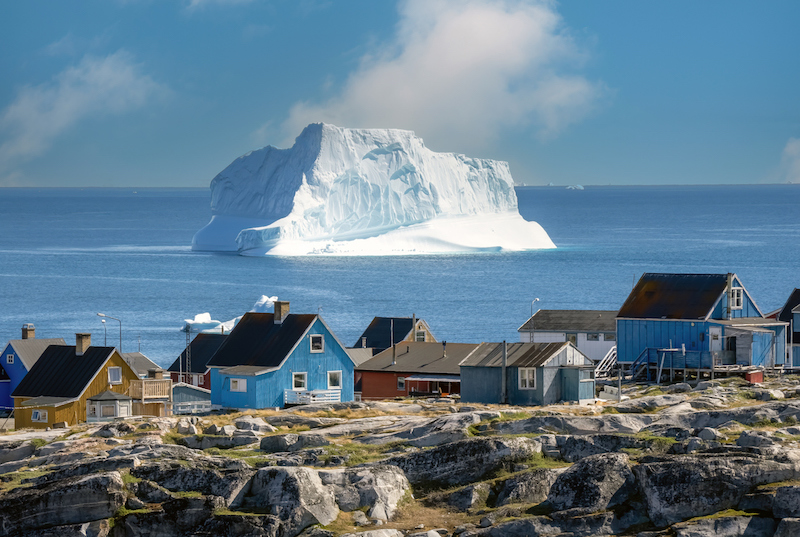
Ocean-driven melting of ice shelves in Antarctic and Greenland regions is accelerating, with substantial implications for future sea level rise and global warming. However, the ice shelf response to changing… View Article
-
UMELB02: Wind extremes in bias corrected climate projections
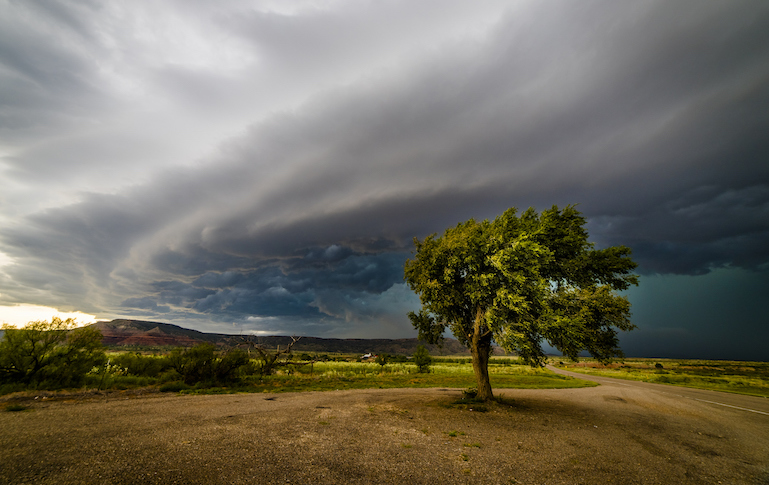
Improved resilience to extreme winds through the world can be helped by correcting the bias in climate projections. This project would test and apply a novel bias correction method (existing… View Article
-
UNSW01: The future of renewable energy droughts in Australia
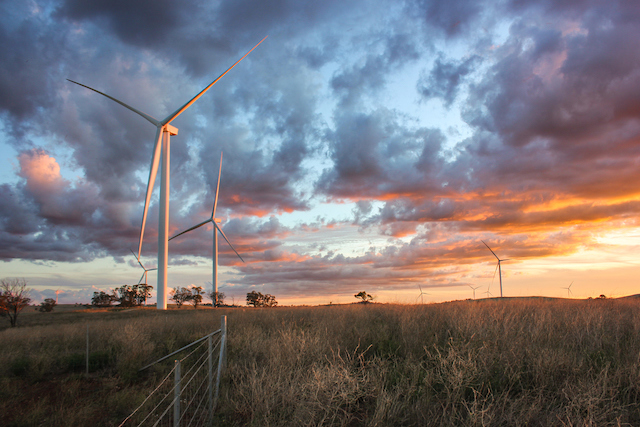
Transitioning from fossil fuels to renewable energy is a key part of Australia’s pledge to reduce greenhouse gas emissions. An energy system with more renewables, however, is susceptible to variations… View Article
-
UNSW02: Urban Representation in the Coupled Model Intercomparison Project Phase 6 (CMIP6)

Increasing urbanization, evolving urban landscapes, and growing populations require an accurate representation of urban areas and urban processes at the microscale, regional, and global scales and their feedback across the… View Article
-
UNSW03: Effects of Lower Stratospheric Stability on the Southern Annular Mode
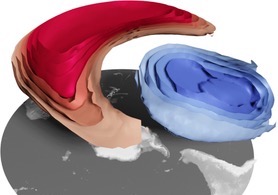
The Southern Annular Mode (SAM) is the main mode of variability in the Southern Hemisphere. It manifests itself via a poleward shift of the band of strong westerly winds called… View Article
-
UNSW04: Quantifying subgrid clouds in high-resolution simulations

The characteristics of numerically simulated clouds and convection depend on the resolution of weather and climate models. Subgrid clouds are parameterized in coarse-resolution models but are often resolved at higher… View Article
-
UNSW05: Evaluating impacts of the varying wind direction to the urban canopy flow

Complex flow patterns within the urban-canopy layer (UCL) are induced by the heterogeneities of urban morphology and the varying wind directions. The mean wind direction within an urban canopy changes… View Article
-
UNSW06: Analysis of rain in Australia’s tropics
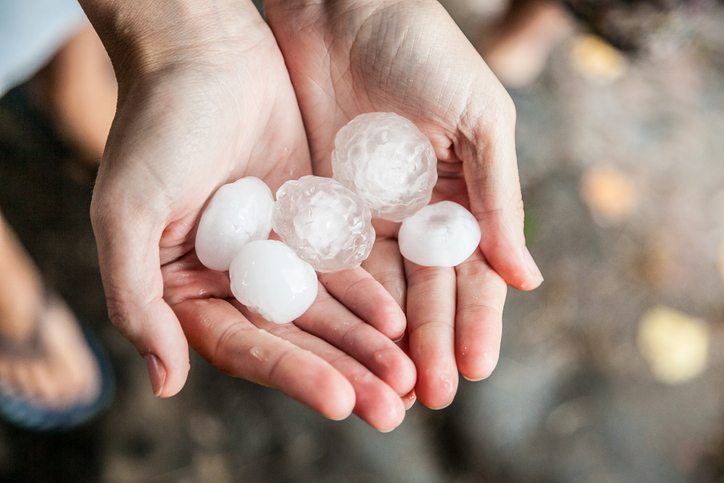
Australia’s most hail-prone regions are on the east coast from north of Brisbane to south of Sydney. However, the largest hailstone ever recorded in Australia fell in the sub-tropics, just… View Article
-
UNSW07: How do El Nino types affect Australian heatwaves?
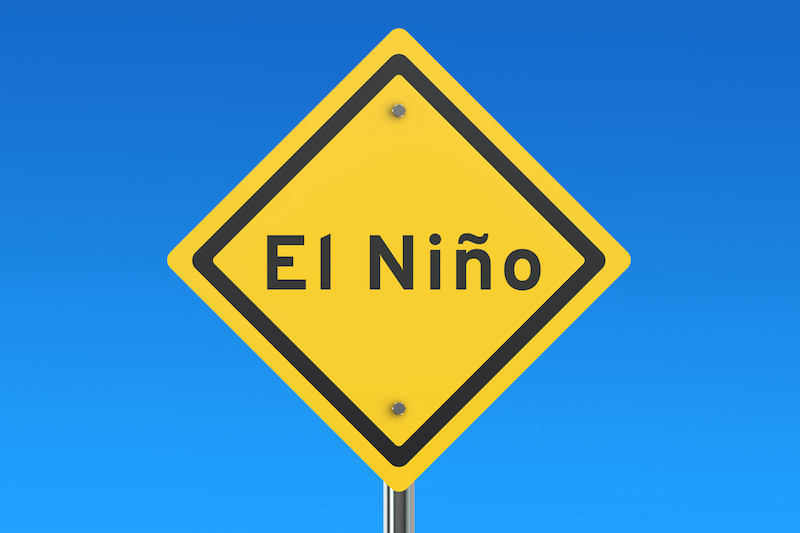
During El Niño periods, characterized by elevated sea surface temperatures in the tropical Pacific Ocean, Australia often experiences a significant alteration in its weather patterns. El Niño’s warming effect on… View Article
